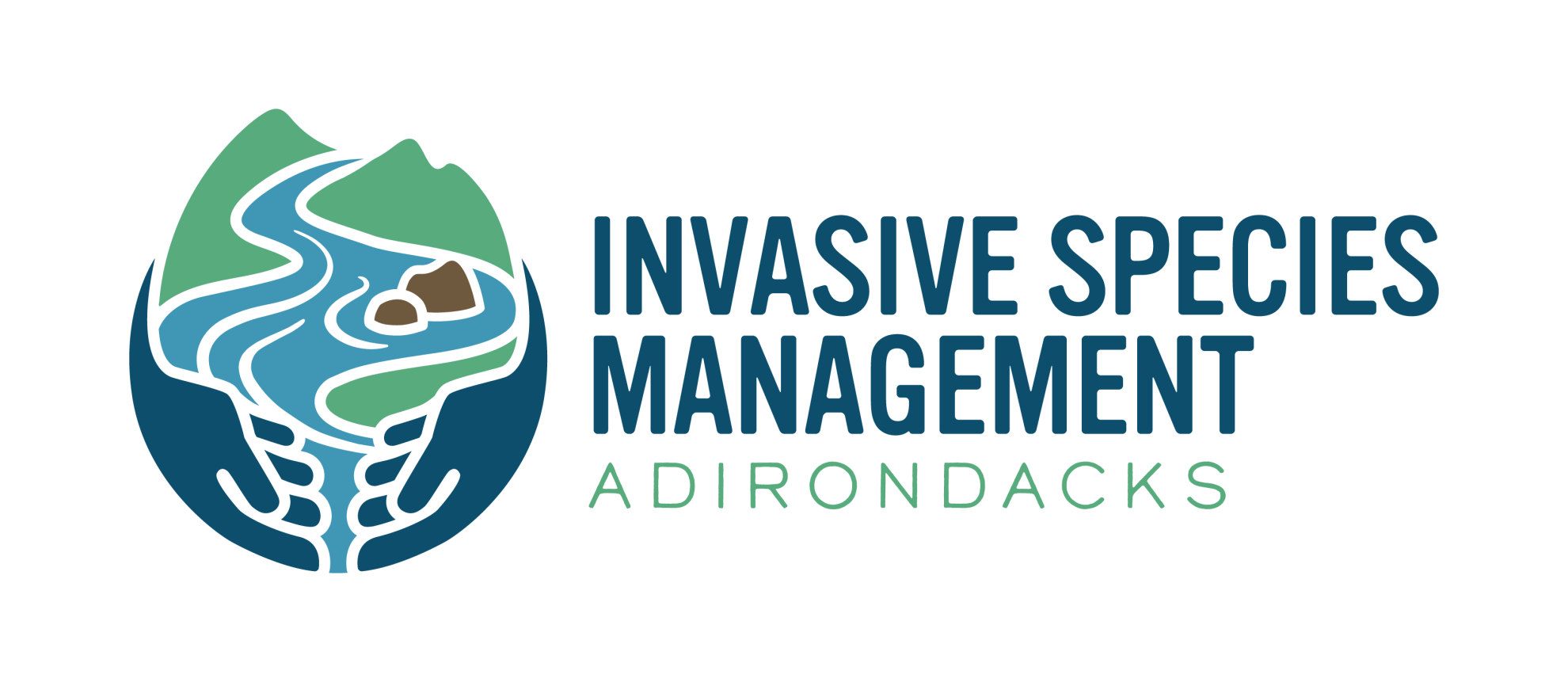Take a Poll to Rename the Former “Gypsy” Moth; Forest Pests and Carbon Sequestration Webinar on December 14

Take a Poll to Rename the Former “Gypsy” Moth; Forest Pests and Carbon Sequestration Webinar on December 14
Dear Partners:
Happy December. I hope you all had a wonderful Thanksgiving holiday. I have two quick pieces of timely information to share. If you want to be part of the process of renaming the former gypsy moth, read more below and complete the poll. I also wanted to share the link to register for an upcoming presentation on forest pests and carbon sequestration presented by The Nature Conservancy (TNC). Space is limited so register today.
Rename a Moth by December 8!
The renaming process for the moth, Lymantria dispar, formerly gypsy moth, is now ready for your input! After a well-researched process led by the Entomological Society of America (ESA), seven final candidate names are up for public review and there is a poll to find the best name possible. Please visit the webpage link below to read the description of the proposed names, and then take the poll. Complete the poll by December 8th to have your voice heard. https://www.entsoc.org/new-lymantria-dispar-name
In case you are wondering why the moth is being renamed, in July 2021, the ESA Governing Board unapproved “gypsy moth” as an acceptable common name for Lymantria dispar. The change was made in recognition that “gypsy” is considered an ethnic slur and in response to messages from members, the general public, and, most importantly, members of the Roma community who testified to the name’s harmful and dehumanizing effects. In June 2021, ESA adopted new rules for common names that no longer allow references to ethnicities, races, or people groups. Read more about the reasoning behind the renaming at the link to the poll above.
Forest Pests and Carbon Sequestration Webinar: December 14, 11:00am
On behalf of TNC’s Invasive Species Advisory Committee, North America Region, you are invited to a presentation on a new forest pest and carbon study titled, “Insect and Disease Disturbances Correlate with Reduced Carbon Sequestration in Forests of the Contiguous United States.”
Recently published in the journal Frontiers in Forests and Global Change, the study found that forests damaged by insects sequestered 69% less carbon than undamaged forests. Forests affected by disease sequestered 28% less carbon. In total, the damage caused by insects and diseases across the contiguous U.S. is reducing the carbon sequestration potential of America’s forests by roughly 50 million tons of carbon dioxide each year—the equivalent of emissions from more than 10 million cars.
The study was conducted by scientists from Cornell University, TNC, USDA Forest Service, the Cary Institute of Ecosystem Studies, and Purdue University. The webinar will be presented by Leigh Greenwood, Forest Health Program Director, TNC North America; and Kristina Serbesoff-King, Director of Science and Planning, TNC Florida. The discussion will be facilitated by Rob Williams, SLELO PRISM Manager, TNC New York. Click here to register. Space is limited so register today.
Regards,
Tammara

